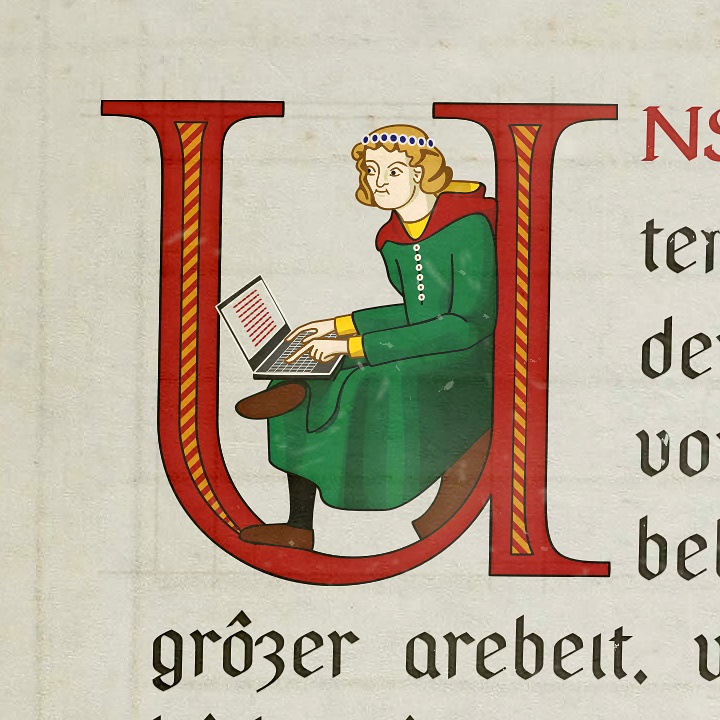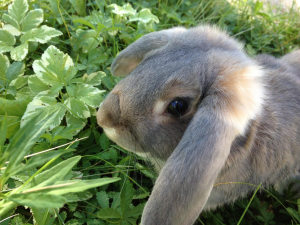The last time I remember being truly impacted by the format of a book was a couple years ago when I was still a preschool teacher. It was a a distinctly difficult rainy day, leaving the whole class was stuck inside and rather restless. I was doing a lesson on farms and farm animals and had borrowed a board-book on farms from the public library. The book was interactive, involved having children answer questions, count, look underneath and pull tabs and search for animals. My students were incredibly engaged the entire lesson, increased cognitive development on many topics and encouraged their love of reading. After the lesson many students remained in the reading area to re- read the book and other books. This made for a much more relaxed and organized environment. Therefore, the interactive format of the board- book had a very positive impact on both my day, my students’ day and their experience with learning. I do wonder how children’s books will be impacted by the increasingly digital age, when children at the age of three already know how to play games on an iPad?
If anyone wishes to know more information on the positive cognitive developments of reading on children you may find the following webpage interesting. http://www.earlychildhoodteacher.org/blog/encouraging-preschoolers-cognitive-development-with-books-and-shared-reading/.


